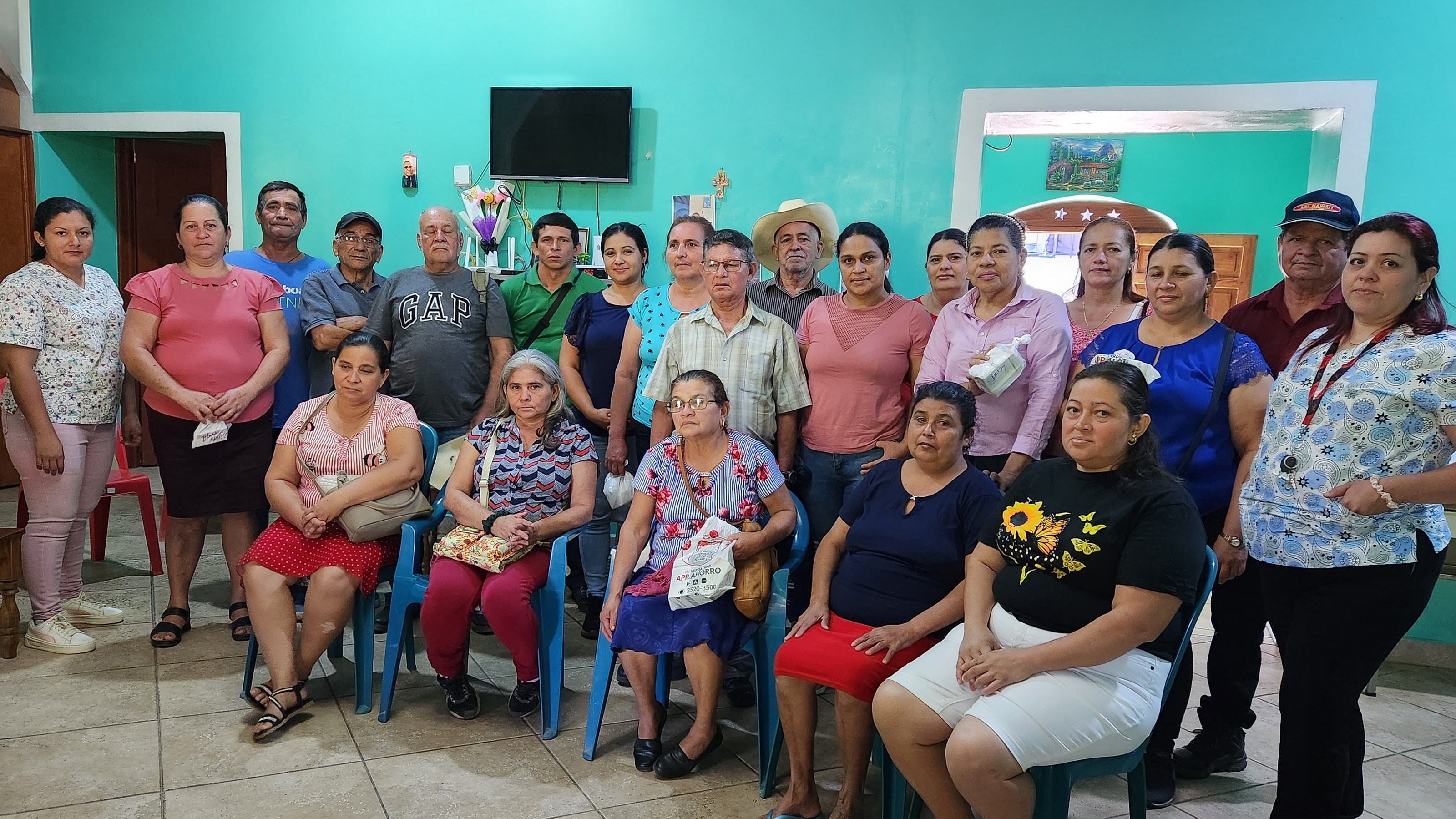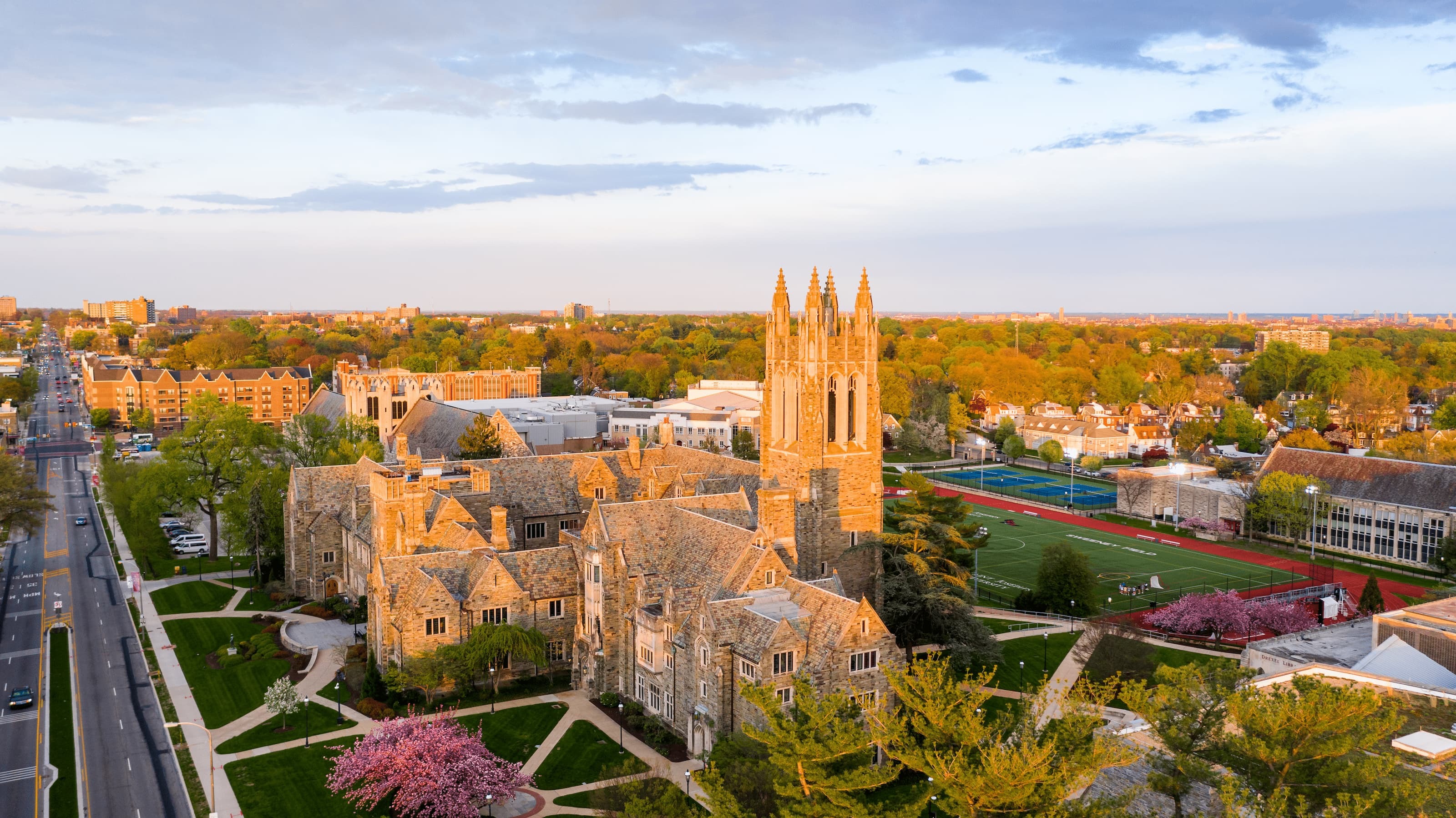Your Guide to a Sensory-Friendly Holiday Season
Tips from the Kinney Center to make the season run smoothly.

Music, decorations, dinner parties and more — the holidays are an exciting time of year, but can provide a challenge for those with sensory processing difficulties such as those experienced by many people with autism spectrum disorder (ASD). As the season commences, the Kinney Center for Autism Education and Support at Saint Joseph’s University has compiled some tips for making gatherings more enjoyable and inclusive for everyone involved, including neurodiverse family members.
According to the Center’s Executive Director Theresa McFalls, LSW, and Director of Academic Programs Joseph McCleery, PhD, just a few adjustments can ease the stress of these potentially overstimulating events.
Traditions
McCleery and McFalls emphasize the importance of flexibility when it comes to participation in holiday traditions.
”Autistic people are not being rude or resistant,” McFalls explains, “it’s just that some traditions may not be comfortable for them.”
Instead of expecting autistic family members to participate in existing traditions, consider adding one that might appeal more to them.
“If everyone plays a football game together and the neurodiverse person does not want to do that, of course you can still play your football game, but could you also sit down and do a puzzle together?” McFalls asks. “It’s not just allowing the person to sit out, but finding an alternative that would be inclusive.”
Similarly, McCleery suggests that the stress of the holidays often makes people want certain activities to go “as planned” and to be “picture perfect.” But allowing flexibility for a last-minute change in the timing, format or location of an activity, photo opportunity, etc., can go a very long way toward ensuring comfort and inclusion.
“It’s not just allowing the person to sit out, but finding an alternative that would be inclusive.”
Theresa McFalls, LSW
Exective Director of the Kinney Center for Autism Education and SupportSocial Expectations
In a similar vein, family members can adjust their social expectations to create a comfortable environment for neurodiverse family members.
Though the holidays can be a time for catching up with extended family, it’s important to remember that not everyone is up for answering an onslaught of questions.
Whether at home or out on the town, preparing a quiet spot for an escape from the noise can help a neurodiverse family member recharge their batteries.
“If you’re having everyone over and it’s going to be noisy, whose bedroom could they sit in?” McCleery asks. “Who could sit with them? Does it always have to be their parent, or could it be someone else in the family who the child knows and trusts, for example?”
Organizing the schedule of activities to allow for downtime for this break can ease the stress of missing out on events.
Food
Just as you might for any guest with a dietary restriction, consider how you can make sure you have enough options for a neurodiverse family member.
Many autistic people have aversions to particular foods, textures or colors. Even if, in the past, they have liked a certain food, they may have a preference for a predictable, familiar brand over a homemade version.
“It’s a good idea to reach out ahead of time to get an idea of what they want to eat,” McFalls says.
Autistic people and their family members want to enjoy the holidays with their loved ones just like anyone else. In the holiday spirit, hosts can take the time and care to ensure positive experiences for our extended family and close friends.
For those in the Philadelphia area looking to get in the holiday spirit, the Kinney Center will host its sensory-friendly photoshoot with Santa this Saturday, Dec. 7, at 10 a.m. Check the SJU calendar for more information.



